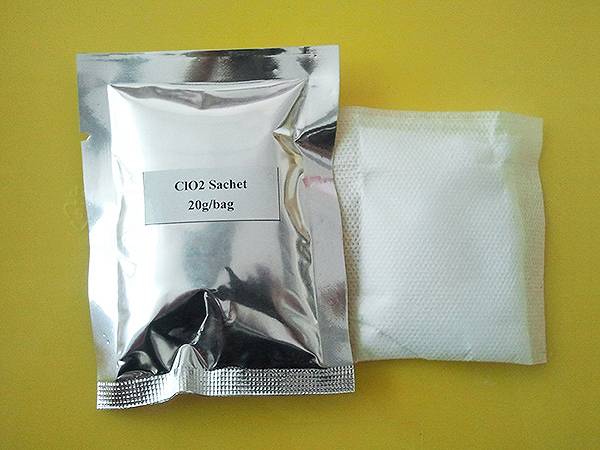



kno3 formula
Understanding the KNO3 Formula Properties and Applications
Potassium nitrate, represented by the chemical formula KNO3, is a compound consisting of potassium (K), nitrogen (N), and oxygen (O). This inorganic salt is commonly known as saltpeter and plays a significant role in various industries as well as in nature. Understanding the KNO3 formula, its properties, and its applications offers insights into its importance and versatility.
Chemical Composition and Structure
The formula KNO3 indicates that each molecule of potassium nitrate consists of one potassium ion (K⁺), one nitrate ion (NO3⁻). In its crystalline form, KNO3 appears as colorless or white crystalline granules. The potassium ion contributes to the compound's positive charge, while the nitrate ion imparts a negative charge, resulting in a neutral overall charge for the compound. The presence of these elements in specific ratios is crucial for the properties of KNO3.
Physical and Chemical Properties
Understanding the KNO3 Formula Properties and Applications
The compound is non-flammable, but it acts as a significant component in explosives, and it facilitates combustion by supplying oxygen. As a result, KNO3 is widely used in pyrotechnics and in the manufacturing of fireworks. Its oxidation properties are not only valuable in explosives but also in the agricultural sector, where it serves as a fertilizer due to its high potassium and nitrogen content.
kno3 formula

Agricultural Applications
One of the most significant applications of KNO3 is in agriculture. Potassium nitrate is an excellent source of both potassium and nitrogen, which are essential nutrients for plant growth. Potassium helps in water regulation and enzyme activation, while nitrogen is vital for protein synthesis and overall plant development. KNO3 is particularly favored in hydroponic systems and for crops that require high potassium levels, such as fruits and vegetables.
Farmers often apply potassium nitrate during the growing season to boost crop yields and enhance the quality of produce. Its high solubility ensures that nutrients are readily available for plant uptake, thereby facilitating optimal growth conditions.
Industrial and Other Uses
Beyond agriculture, KNO3 has numerous industrial applications. It is used in the manufacture of glass and ceramics, as well as in food preservation processes. In the past, KNO3 was utilized to cure meats, preventing the growth of bacteria and enhancing color and flavor. Furthermore, it is employed in refrigeration systems as a heat transfer fluid.
In conclusion, the KNO3 formula encapsulates a compound that is not only chemically significant but also practically vital across various sectors. From its roles in agriculture to its applications in industrial processes, potassium nitrate proves to be an indispensable substance. As research continues to evolve, the potential uses for KNO3 may expand even further, highlighting the need for ongoing exploration of its properties and benefits. The comprehensive understanding of the KNO3 formula thus reflects its multifaceted importance in both science and everyday life.
-
Why Sodium Persulfate Is Everywhere NowNewsJul.07,2025
-
Why Polyacrylamide Is in High DemandNewsJul.07,2025
-
Understanding Paint Chemicals and Their ApplicationsNewsJul.07,2025
-
Smart Use Of Mining ChemicalsNewsJul.07,2025
-
Practical Uses of Potassium MonopersulfateNewsJul.07,2025
-
Agrochemicals In Real FarmingNewsJul.07,2025
-
Sodium Chlorite Hot UsesNewsJul.01,2025










